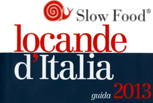(The words written in italics are in dialect)
Minestrone, how delightful!
Vigina, early in the morning, had placed a pot with water on the stove to heat. As the eldest daughter brought the vegetables collected in the garden, Vigina and the younger daughters washed and sliced them in turn.
The potatoes were already cooking in the pot by then. There had been no time yet to remove the tubers and, in fact, they had used only one plant. They cut a large onion into thin slices. It had been brought to her by her brother Giuvanin, who was a trader of animals and often went to buy calves in the plain to resell them to dairy farmers. At the beginning of the Spring, Giuvanin had passed by the brothers of Bra and collected spring onions. The friars had taught him that it was best to take them early, as it was easier to transplant them in April, when they were “grosse pej d’in fi” (as big as a fig), than in May, when they were already as big as your arm.
Then it was time to prepare the beans – one of the vegetables that required less work. It was sufficient to free them from the pod and to then remove the film that covered them. The beans had been sown among rows of meliga (maize) so that the sprouts had a brace around which to wrap, to better resist winds and storms.
The carrots had not turned out well that year. Giulia’s crop, on the other hand, had grown as thick and dense as a head of hair, and she gladly gave a cavagnin (small basket) of her own carrots to Vigina in exchange for two dozen gallate eggs (fertilized).
Giulia had put on her Sunday shoes when she went to pick the carrots that morning. When she returned home later, she would put them on the kitchen’s windowsill – a trick she had devised to deceive her father-in-law. That morning, Giulia had not gone to mass. Every festive day, her husband’s father would come up from the valley where he lived and inspect the shoes. If they weren’t dusty then it meant that the son’s family had not gone to mass.
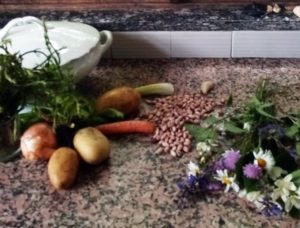
Giulia’s husband was angry with his father for this imposition, but the family were all aware of the old man’s weaknesses. He was known to be workshy, and he often directed an inappropriate amount of attention towards his younger daughters-in-law. His sons called him “the Catholic crin (pig)”.
After Giulia had gone, with the eggs rolled up in her apron, the faster-cooking vegetables had been put in the pot: courgettes, a large tomato, and a sprig of basil (which represents Summer) to flavour it all. Then it was left to cook over a high heat for at least two hours. Before bringing it to the table, Vigina grated a piece of seasoned robiola.
The families in Trezzo Tinella often prepared minestrone. Sometimes they added to it homemade Tagliatelle, other times stale bread. The mother of Tumò was known to prepare an excellentMinestrone. She would start preparing it at dawn, and by noon it would be dense and fragrant. Her son would sit and serve himself. Every time he filled his plate, he would put a matchstick on the table, and this makeshift abacus warned him when it was time to stop.
Gluttony is a sin.
Marinella Bera
The names: Vigina (Virginia), Giuvanin (Giovanni), Tumò (Tommaso)
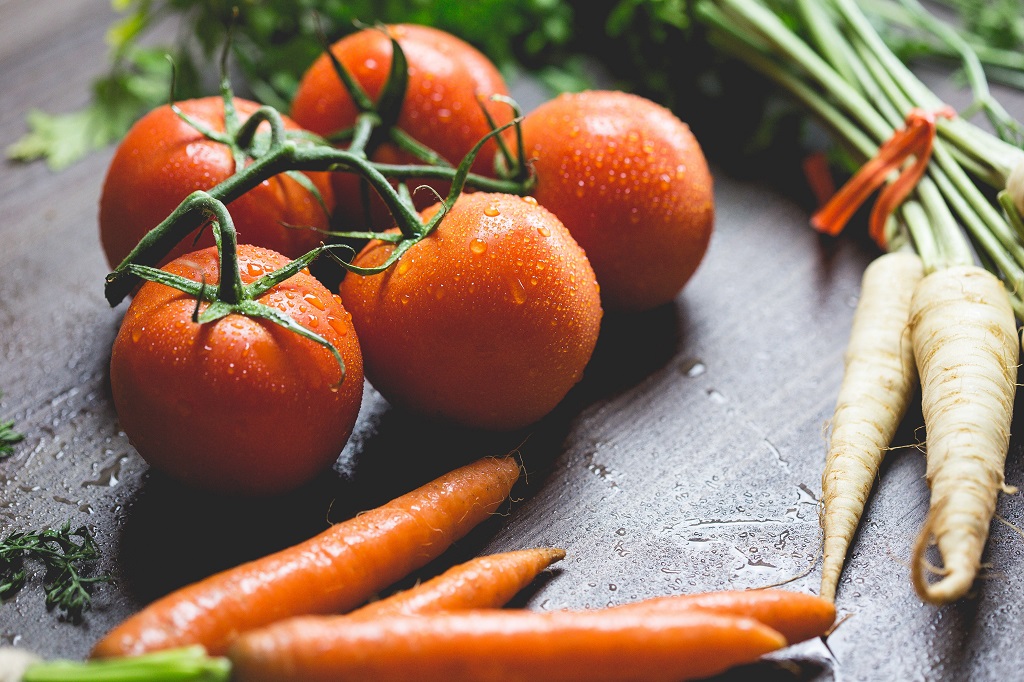
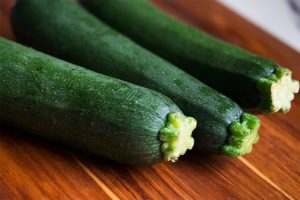
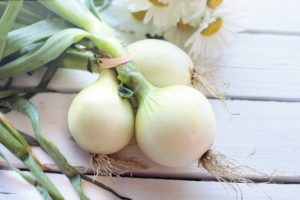
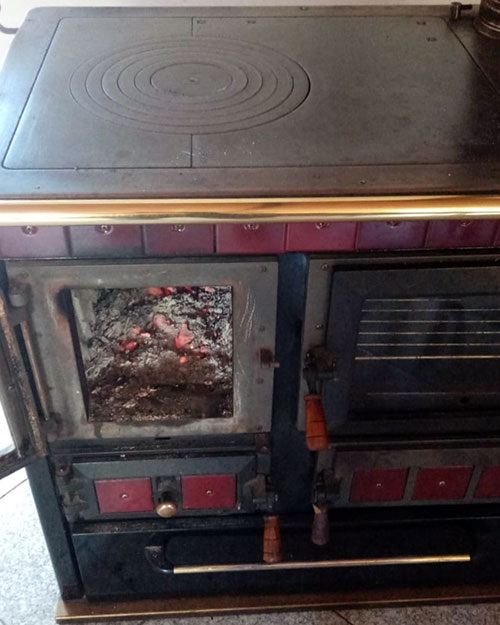
 Book now
Book now


